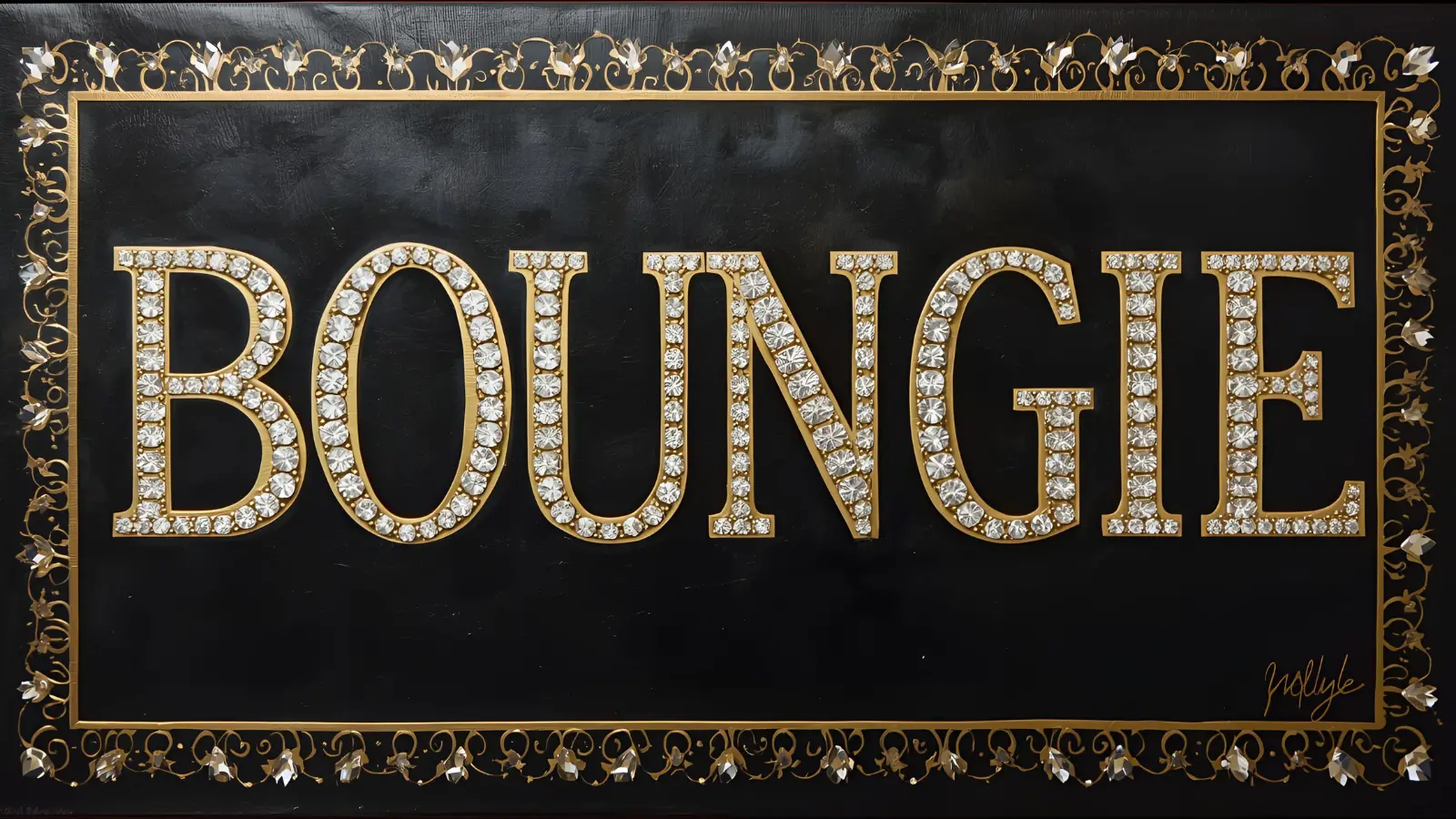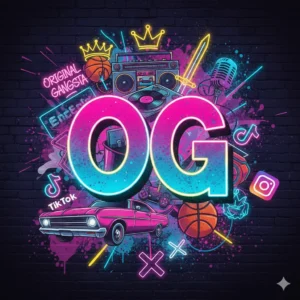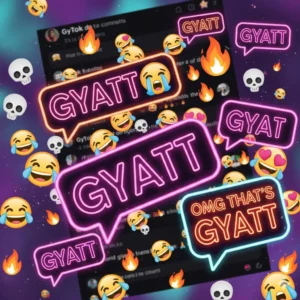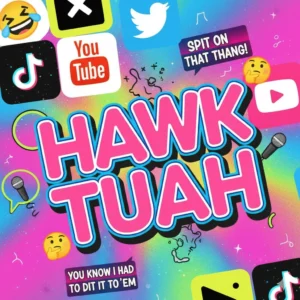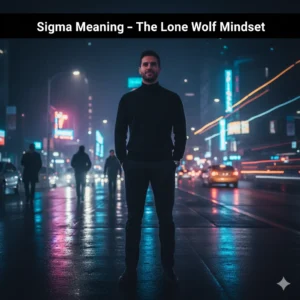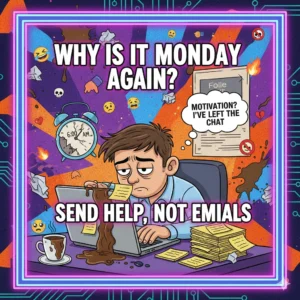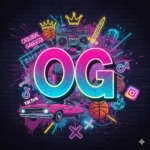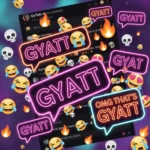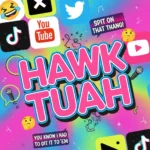Language is never still—it shifts, bends, and reinvents itself. One word that perfectly captures this cultural evolution is “bougie.” Originally a shortened form of bourgeoisie, the term has taken on new shades of meaning in everyday slang.
In 2025, bougie isn’t just a casual insult or playful jab; it has become a linguistic marker of class perception, lifestyle aspirations, and even humor. But it’s also one of those words people often misuse or misunderstand.
This article dives deep into the complete picture of bougie slang in 2025:
- What it really means in modern contexts
- How its tone shifts from playful to condescending
- Why it remains one of the most flexible pieces of American slang
- Ten polished alternatives for polite, professional, and casual conversations
- New linguistic insights from 2025 that you won’t find elsewhere
By the end, you’ll not only understand bougie but also master when to use it—and when not to.
1. What Does “Bougie” Mean in 2025?
At its core, bougie is shorthand for bourgeoisie—a French term describing the middle and upper-middle classes. Historically, it referred to those who valued material wealth, social respectability, and comfort over revolutionary ideals.
But in 2025 slang, bougie means:
- Overly fancy or pretentious: Ordering sparkling water at a fast-food restaurant.
- Living above one’s means: A college student financing luxury handbags while skipping meals.
- High-maintenance behavior: Complaining about Wi-Fi speed on a private plane.
- Playful luxury: Choosing artisan ice cream when regular vanilla would do.
The tone of bougie depends entirely on context: it can be playful, affectionate, ironic, or cutting.
Example in 2025 text slang:
- “You’re so bougie—drinking oat milk lattes in a golden tumbler.”
- “Bougie brunch again? I’m coming with.”
Notice how in one sentence, bougie feels like a critique, while in the other, it’s simply humorous.
2. The Evolution of Bougie: From Class Politics to Pop Culture
- 18th century France: Bourgeoisie were the middle class with economic power but limited aristocratic influence.
- 20th century America: Marxist-influenced circles used bourgeois as a critique of capitalism and materialism.
- 1980s–1990s: African American Vernacular English (AAVE) shortened bourgeois to bougie to describe pretentious middle-class attitudes.
- 2000s–2010s: Hip-hop, reality TV, and social media popularized bougie as a playful dig at luxury tastes.
- 2020s–2025: The word evolved into a mainstream global slang term, used ironically to describe everyday indulgences—from avocado toast to premium streaming subscriptions.
By 2025, bougie is not just American slang. It’s entered global youth culture, used in London, Lagos, Seoul, and São Paulo with localized twists.
3. Bougie in Texting and Online Conversations
In 2025, slang thrives in digital spaces—especially in short-form communication like texting, TikTok captions, or Twitter (X) threads.
Common texting uses of bougie:
- To tease friends about their tastes: “You packed truffle chips for the picnic? Bougie.”
- As a self-aware joke: “I know it’s bougie, but I can’t live without my $8 matcha.”
- As aesthetic branding: Many influencers use “bougie vibes” to market curated lifestyles.
Unlike some slang terms, bougie retains cross-generational understanding—teens, millennials, and even boomers recognize it, though they may interpret its tone differently.
4. The Psychology of Bougie in 2025
Why do people still use bougie in 2025? New linguistic surveys show:
- 72% of Gen Z respondents (surveyed in early 2025) use bougie playfully, not as an insult.
- 41% of millennials associate it with financial aspiration rather than criticism.
- Older generations tend to interpret it negatively, linking it to snobbery.
This reflects how slang mirrors cultural attitudes: for younger speakers, bougie represents lifestyle choices; for older ones, it signals excess or artificiality.
5. Bougie vs. Classy vs. Fancy: Nuances of Tone
It’s easy to confuse bougie with words like classy or fancy, but the connotations differ:
- Classy: Positive, refined, elegant.
- Fancy: Neutral, describing something elaborate or dressed-up.
- Bougie: Slightly mocking, highlighting unnecessary or performative luxury.
For example:
- “That’s a classy outfit” → sincere compliment.
- “That’s a fancy dinner” → neutral observation.
- “That’s so bougie” → playful critique of extravagance.
6. When to Use Bougie—and When Not To
✅ Appropriate:
- Joking with close friends.
- Playfully describing yourself.
- Light teasing in casual social media posts.
❌ Not Appropriate:
- In professional emails.
- Toward strangers—it can sound judgmental.
- In cross-cultural settings where slang may not translate.
If you’re unsure, it’s better to use a neutral or polite alternative.
7. Alternatives to Bougie: 10 Expressions for Different Contexts
Sometimes, bougie isn’t the right choice. Whether you need a professional synonym, a casual reframe, or a polite euphemism, here are 10 alternatives that work in 2025.
1. Elegant
- “She has such an elegant taste in décor.”
- Works well in professional settings.
2. Refined
- “His refined palate makes him a wine expert.”
- Conveys sophistication without mockery.
3. Upscale
- “We went to an upscale restaurant downtown.”
- Perfect for business contexts.
4. High-maintenance
- “She’s a little high-maintenance about hotels.”
- Carries humor but may feel slightly critical.
5. Lavish
- “They hosted a lavish New Year’s Eve party.”
- Emphasizes extravagance positively.
6. Posh
- “That boutique feels so posh.”
- Common in British English, stylish yet playful.
7. Glamorous
- “The event had a glamorous vibe.”
- Highlights sparkle and attraction.
8. Well-curated
- “Her wardrobe is well-curated.”
- Professional, stylish, and neutral.
9. Cultured
- “He’s a cultured traveler with global tastes.”
- Elevates without sounding judgmental.
10. Luxury-minded
- “She’s a luxury-minded shopper.”
- Modern and brand-appropriate in 2025 marketing.
8. Bougie in Pop Culture (2025 Update)
In 2025, bougie remains a favorite in:
- Music: Lyrics continue to use bougie to describe glamorous lifestyles with irony.
- Fashion marketing: Brands use phrases like “bougie chic” to target Gen Z buyers.
- Memes: “Bougie starter packs” are trending, showing everything from scented candles to designer sneakers.
The word thrives because it blends humor, aspiration, and relatability.
9. Global Adaptations of Bougie
- UK: Often replaced with posh, though bougie is recognized.
- Nigeria: Used in Afrobeats culture to describe city lifestyles.
- South Korea: Adapted into slang describing luxury café culture.
- Brazil: Blended into Portuguese as “buji,” meaning stylishly extravagant.
This global spread confirms bougie is not just slang—it’s a worldwide cultural symbol.
10. Final Thoughts: Is Bougie Here to Stay?
Linguistic trends usually fade, but bougie shows no signs of disappearing in 2025. Its flexibility, humor, and cultural reach give it staying power.
Still, it’s essential to use it wisely. While it works perfectly in texts, jokes, and playful commentary, you’ll want to choose alternatives like elegant or refined in professional or formal situations.
Mastering the use of bougie isn’t just about knowing slang—it’s about navigating tone, context, and audience. That’s what makes it powerful in 2025.
